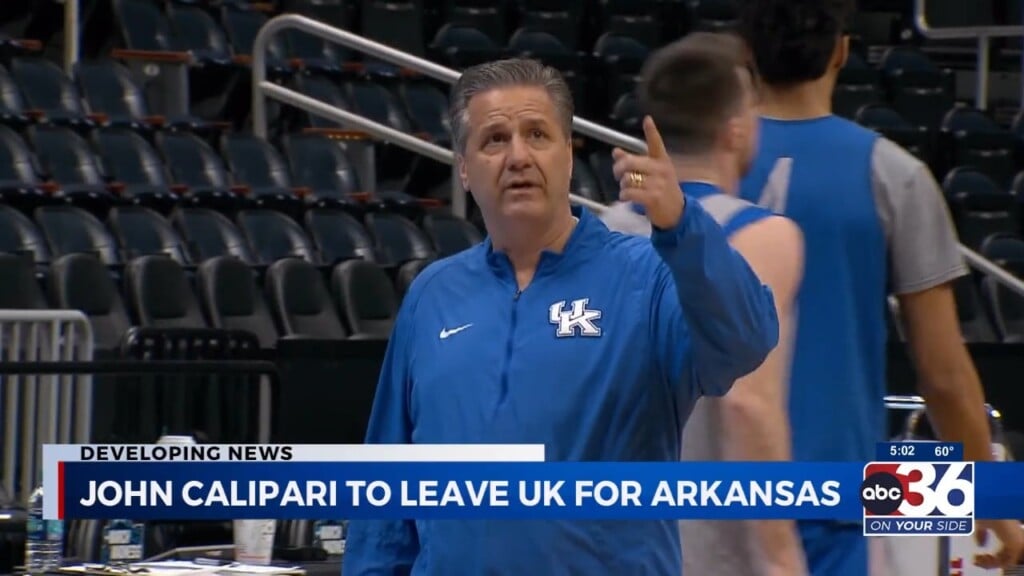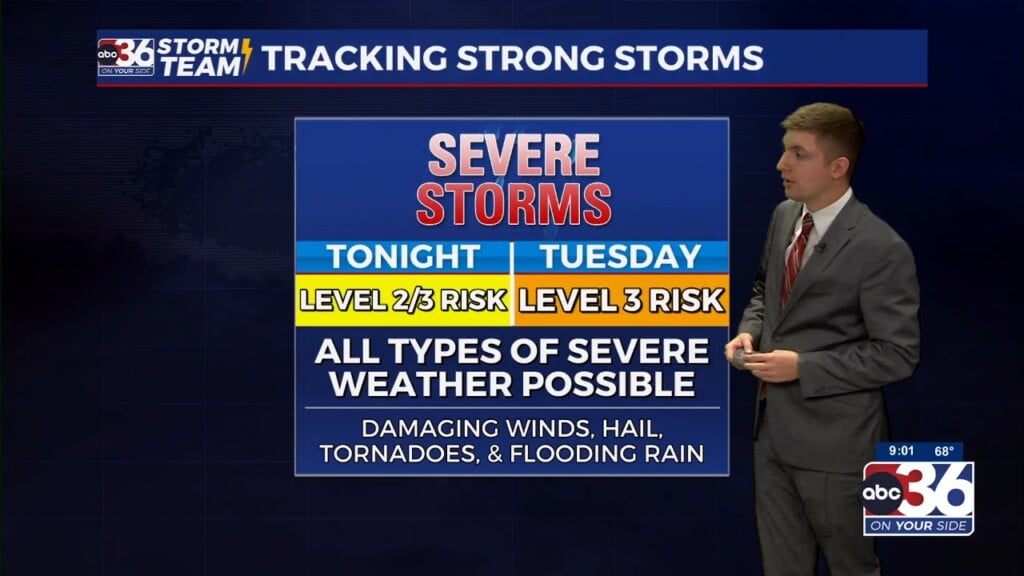Winners And Losers Of Kentucky’s 2014 Legislative Session
Kentucky’s 2014 Legislative Session is officially in the books.
Lawmakers passed a two-year budget, a road plan, and 26 other bills this session that ended on Tuesday.
Below are a list of this year’s winners and losers.
WINNERS
SCHOOL ACCOUNTABILITY
Requires school finance officers to make monthly reports to local school boards and provide an annual report to the state Education Department. It increases training for some school board members and requires state education officials to set minimum qualifications for school finance officers. HB154.
COALFIELD SCHOLARSHIPS
Expands a scholarship program for students in the coal regions of eastern and western Kentucky. HB2.
ADULT ABUSE
Creates an adult protection registry to provide more assurances the elderly and disabled are receiving proper care. Care providers for those adults would have to check the registry to make sure potential employees don’t have a history of abuse. SB98.
CYBERSECURITY
Boosts protections for information stored in government computers and requires government agencies to notify people when thieves steal personal data from government computers. HB5.
STATE PARKS
Allows local voters to decide whether to legalize the sale of alcoholic beverages by the drink at more state parks and golf courses. Most state park lodges and golf courses are in counties where alcohol sales are prohibited. HB475.
SNOW DAYS
Relaxes Kentucky’s school attendance laws due to the harsh winter that forced some school districts to call off more than 30 days of classes. HB211.
JUVENILE JUSTICE
Revamps the state’s juvenile justice system by steering more young offenders into community-based treatment as an alternative to locking them up in detention centers. SB200.
CANNABIS OIL
Allows doctors at two Kentucky research hospitals to prescribe cannabidiol to treat patients. The oil comes from marijuana and hemp plants and has been effective in treating seizures in children. SB124.
BOURBON
Gives bourbon distilleries an income tax credit for the state and local property taxes paid on aging barrels of bourbon. Distilleries are required to invest the tax credit in capital improvements. HB445.
YOUTH SMOKING
Bans the sale of electronic cigarettes to minors. SB109.
LOSERS
MINIMUM WAGE
Sought to gradually increase Kentucky’s minimum wage from the current $7.25 an hour to $10.10 per hour in July 2016. There would have been 95-cent increases in three phases. HB1.
REGULATIONS
Sought to put restrictions on the governor’s power to issue regulations deemed out of step with the wishes of lawmakers. SB1.
SMOKING BAN
Would have placed a statewide ban on smoking in public places and places of employment. HB173.
FELONS-VOTING RIGHTS
Sought to amend the state constitution to automatically restore voting rights for some felons who completed their sentences and terms of probation. HB70.
POLITICAL CANDIDATES
Would have clarified that Kentucky law preventing someone from running for multiple offices does not apply to candidates running for president or vice president. The bill was aimed at allowing Rand Paul to run for president and another U.S. Senate term at the same time, if he pursues both races. SB205.
TELECOMMUNICATIONS
Was aimed at spreading wireless and high-speed broadband service by allowing telecommunications companies to cut back on landline investments. SB99.
LOCAL SALES TAX
Would have given local governments the option of charging a 1 percent sales tax to pay for specific projects. HB399.
ON THE FARM
Sought to punish animal-rights activists with jail and fines for secretly filming farm operations. The provisions were attached to legislation meant to prevent animal shelters from using gas chambers as a form of euthanasia. HB222.
ABORTION
Would have required doctors to perform ultrasounds prior to abortions and to describe what is seen to the pregnant women. Another proposal sought to update the state’s informed-consent law to require face-to-face meetings between medical professionals and women seeking abortions. The ultrasound legislation was SB8. The legislation requiring face-to-face meetings was SB3.
MEDICAL MALPRACTICE
Sought to create a panel of medical experts to review proposed medical malpractice claims against health care providers before they could be pursued in court. SB119.




Leave a Reply